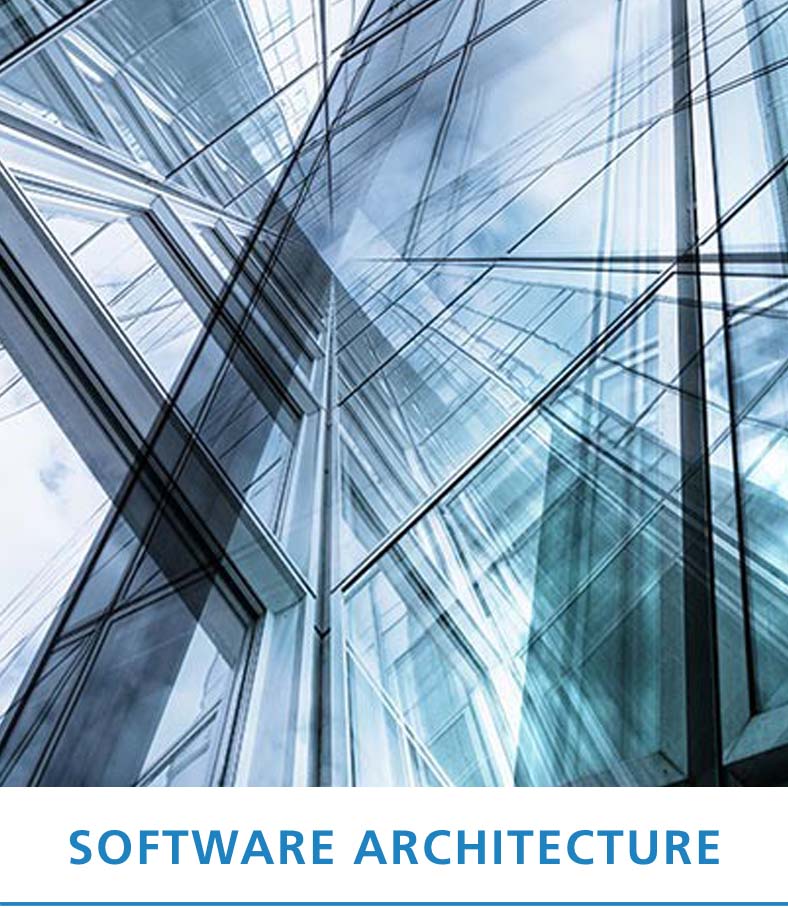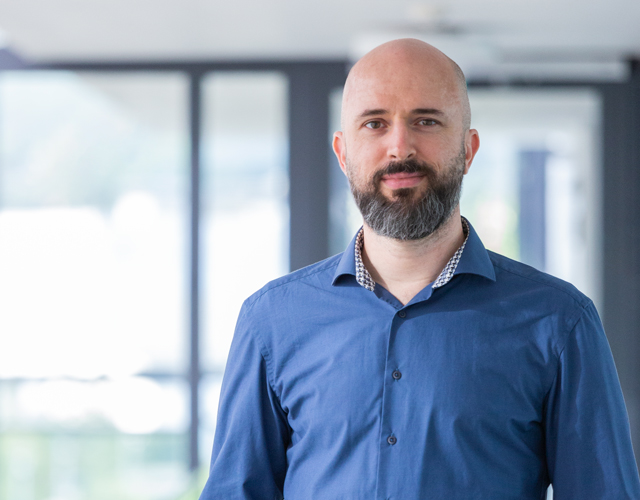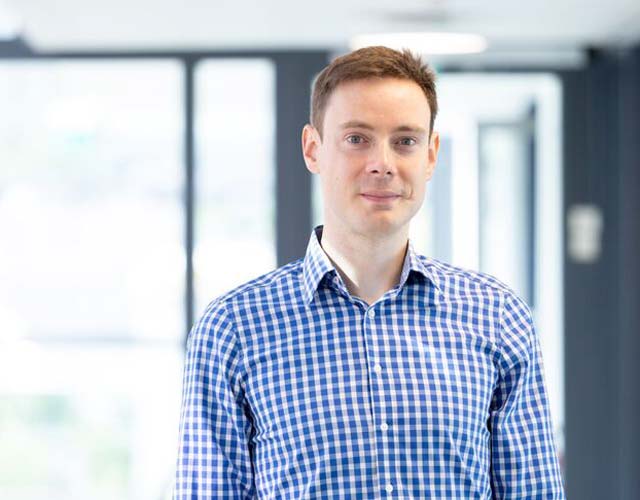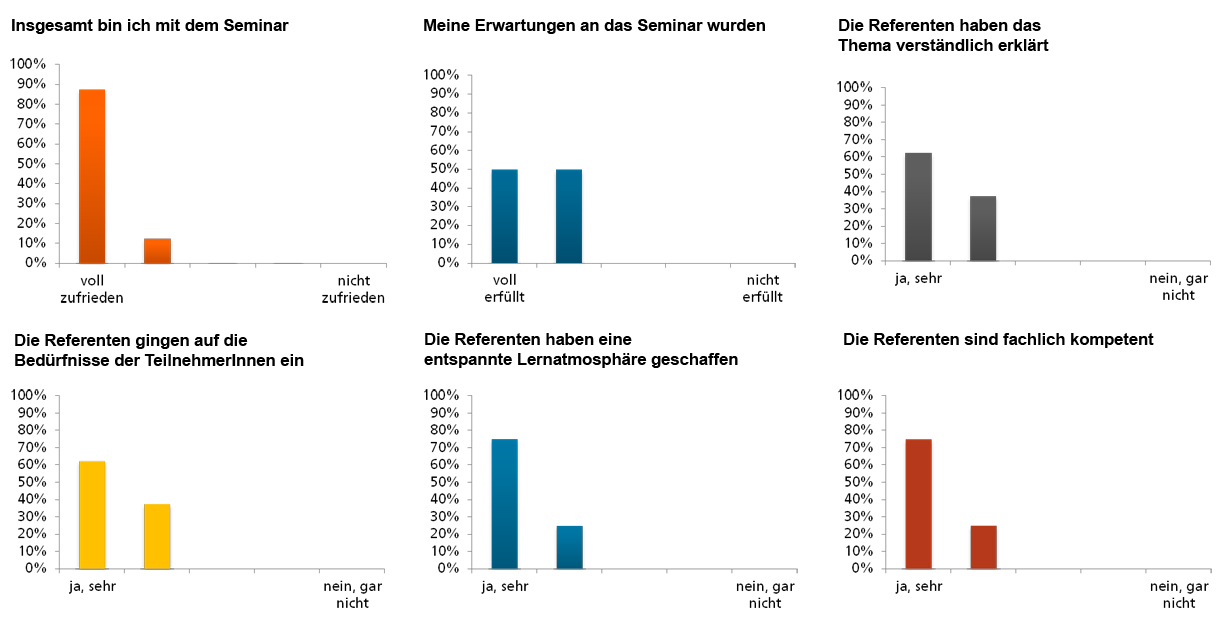
Seminar: software architecture for information systems

High performance information systems
Architecture is the decisive factor in the successful development and evolution of software systems: it defines blueprints for the properties, behavior, and structures of the software.
Software architecture - used effectively - allows predictions to be made regarding the achievement of functional and qualitative requirements. On the other hand, implementation can be planned and progress monitored. And finally, architectures are there to keep the systems expandable and adaptable to changes and at the same time to comply with management specifications regarding costs and duration.
Are you looking for a training course focusing on software architecture for embedded systems? View course now
Information and details of the seminar

In our view, the development and use of software architectures is a continuous activity that must take place throughout the entire lifetime of a system. In practice, however, there is often a lack of clarity about where and how to use architectures and which methods and tools can be used to achieve improvements.
The aim of the seminar is to train participants in the typical activities of an architect. The seminar is a three-day classroom training course, which can be extended by one day to deepen knowledge.
Tabbed contents
Target group
Participants are trained in the typical activities of a software architect.
- Software architects
- Software developers
- Project managers
- Quality managers
- Engineers specializing in software development
- Decision-makers with professional experience from software development industries
There are no specific admission requirements.
Learning goals
In addition to the development of methodological knowledge, great importance is attached to the practical application of what has been learned. Exercises and exchanges with experts and specialists consolidate the knowledge acquired.
After the seminar, participants will be able to use the approaches they have practiced in their daily work.
After the seminar you will know ...
- ...how to use architectures in your company.
- ...to use architectures pragmatically.
- ...interlink architectures with other software engineering activities.
- ...to assess technological trends and hypes.
The seminar offers you ...
- ...a quick introduction to the topic of software architecture in order to be able to define, use and evaluate architectures.
- ...knowledge transfer based on clear use cases with a focus on architecture documentation.
- ...with case studies from practice to understand how architectures can be used over the entire life cycle.
- ...an objective presentation of content in accordance with the Fraunhofer principle: We convey a neutral view of the topic.
Content
The seminar is a three-day classroom training course that can be extended by one day to deepen your knowledge.
The large number of our projects with industry partners shows that the lightweight approaches presented can also be used in existing process landscapes at companies.
On request, it is also possible to organize the seminar content as an online seminar or in-house training at your company. Get in touch with us!
Methods
The seminar was designed by the experts of Fraunhofer IESE and has already been held successfully several times. The seminar participants are personally supervised by the Fraunhofer IESE team and receive direct access to the expertise from research and practice.
Lecturers

Bernd Rauch has been a software architect and project manager at Fraunhofer IESE since 2018 and head of the “Architecture-Centric Engineering (ACE)” department since 2022. In addition to his research interests in digital ecosystems and solutions for interoperability, he focuses on software architectures in interactive information systems. As a computer scientist with an MBA, it is important to him to take a holistic view of projects and software systems and to include the user perspective and underlying business models in addition to the technical perspective. Since 2020, he has been one of the trainers of the Fraunhofer Academy's “Software Architecture” seminar.

Balthasar Weitzel heads the department “Smart City Engineering” at Fraunhofer IESE. He received his diploma in computer science from the Technical University of Kaiserslautern and has been working as a software architect at Fraunhofer IESE in Kaiserslautern since 2009. In his role as Expert “Platform Architecture and Realization”, he was responsible for project management, method development, and technology transfer in research and industry projects. He led the development in the projects “Digital Villages” and “Smarte.Land.Regionen”, in which a cloud-based app ecosystem is developed and tested with citizens. In his current role, his focus is on software engineering in smart city and smart region projects.
Feedback
What I liked best …
- "The switching between theory and practical exercises"
- "The quality and credibility of the content taught"
- "The substantial conversations with the seminar leaders and the participants outside the official meetings"
- "The fact that the participants came from various domains and thus opened up different/new perspectives"
How would you summarize the seminar in one sentence?
- "At the seminar, a comprehensive proposal was made regarding how to design the role of the architect."
- "Well organized, very helpful. Thank you!"
- "Enriching"
- "A comprehensive overview of this topic and with practical in-depth information/applications; good exchange with colleagues from other companies."
- "Provided a sensible summary of the complex issue of software architecture to create a good basis on which to build further."
Registration
Click on your preferred date to book the seminar in your desired language! You can optionally book the fourth day at the same time as your seminar.
June 16–18, 2026 In-person seminar Register now
November 17–19, 2026 In-person seminar Register now
The participation fees can be found under Information and details about the seminar.
